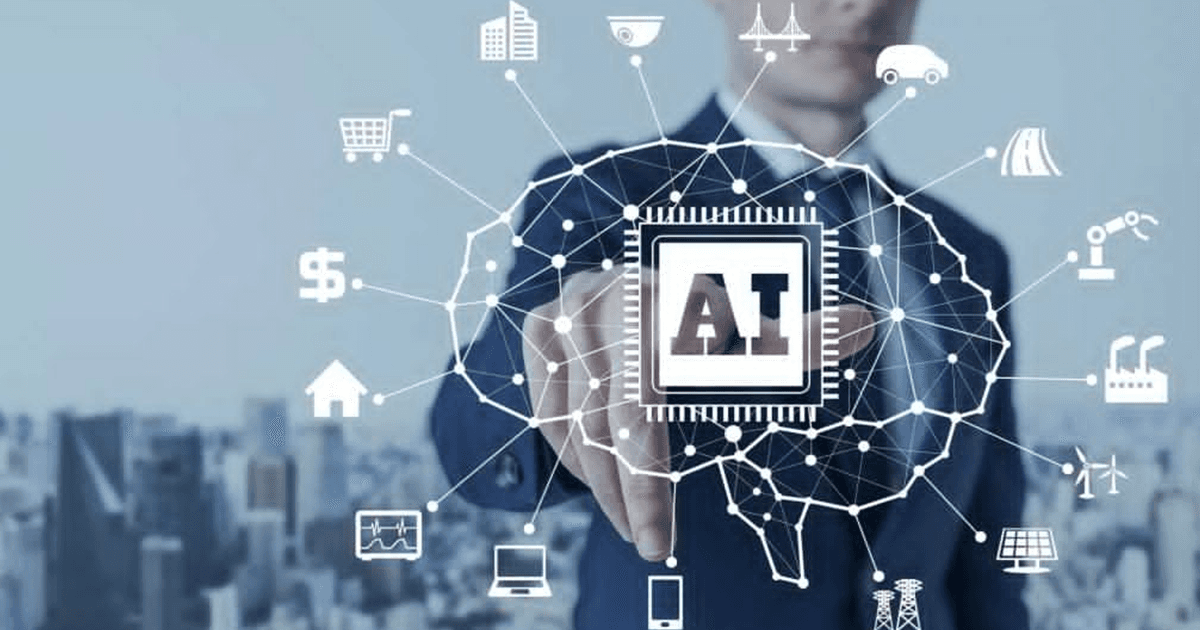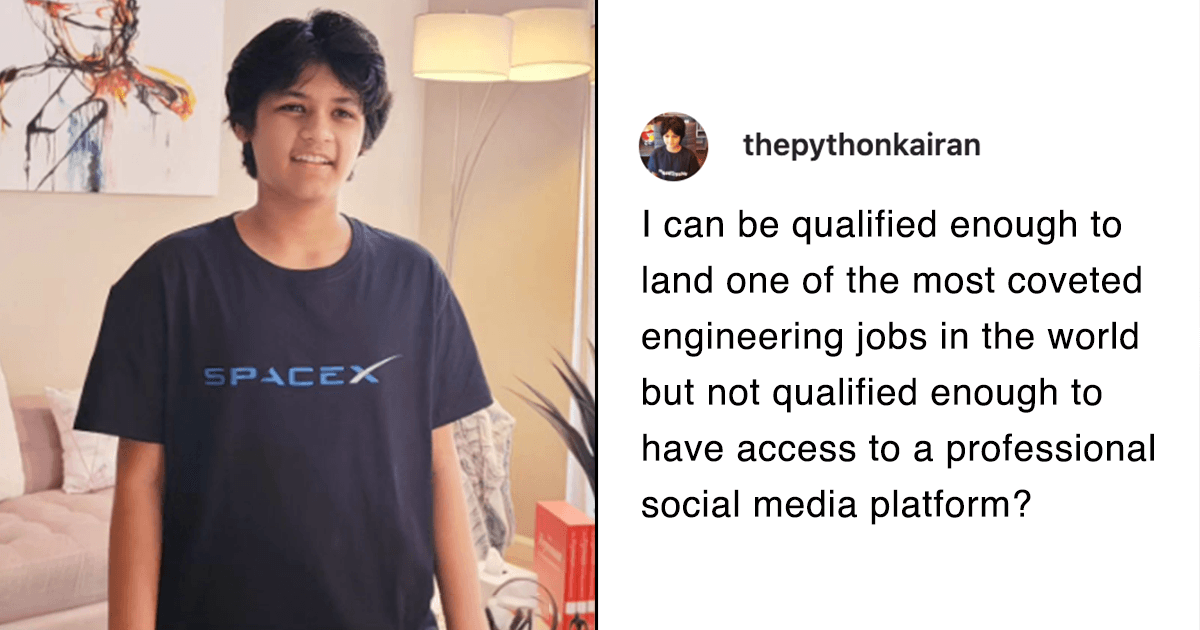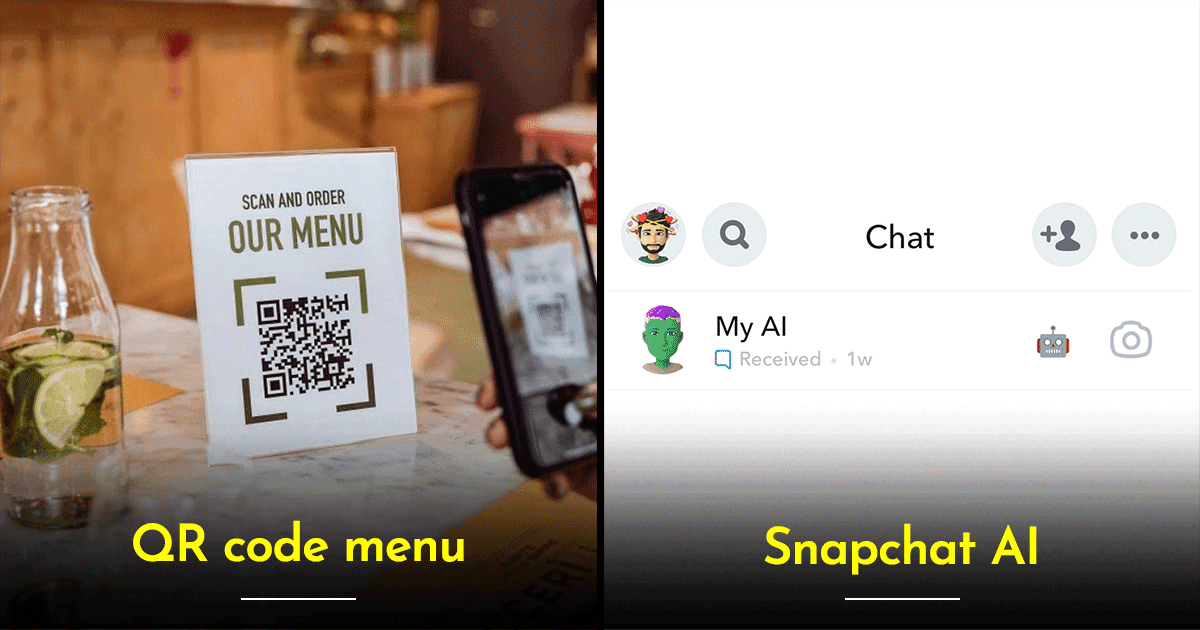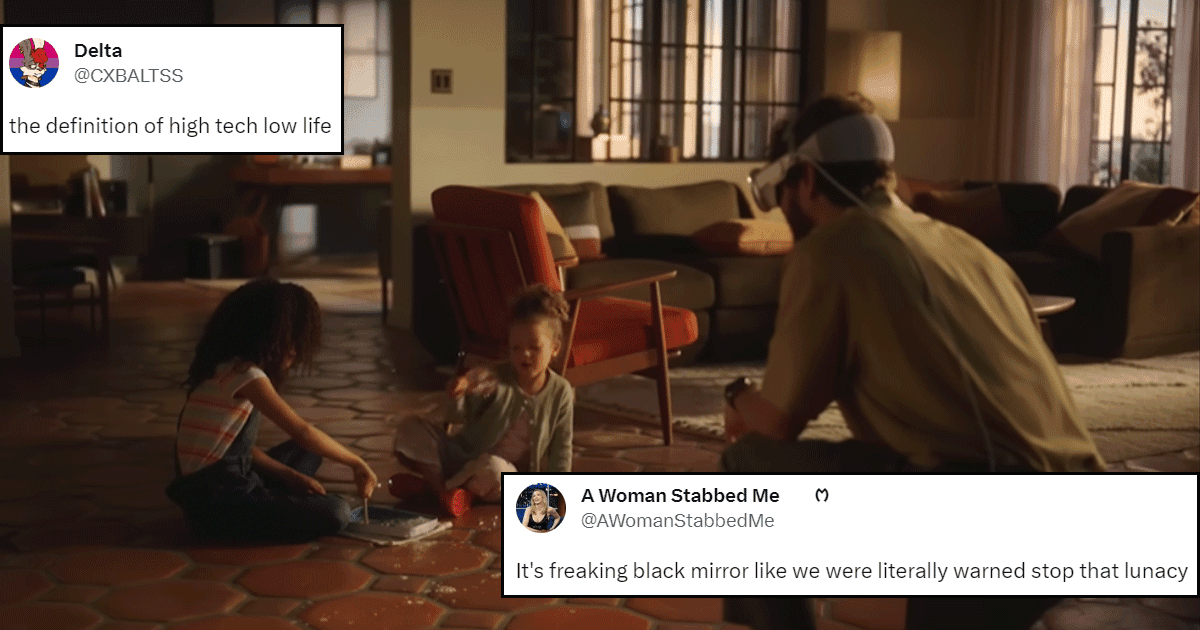Geoffrey Hinton, the pioneer of AI technology, is now leaving his decade-long association with Google to warn the rest of the world about the dangers of AI, his life’s work. Hinton, also known as the ‘Godfather of AI’, achieved a breakthrough in the field of deep learning with his students, Ilya Sutskever (co-founder of OpenAI) and Alex Krishevsky, in 2012. His foundational work propelled rapid advancements in modern AI.
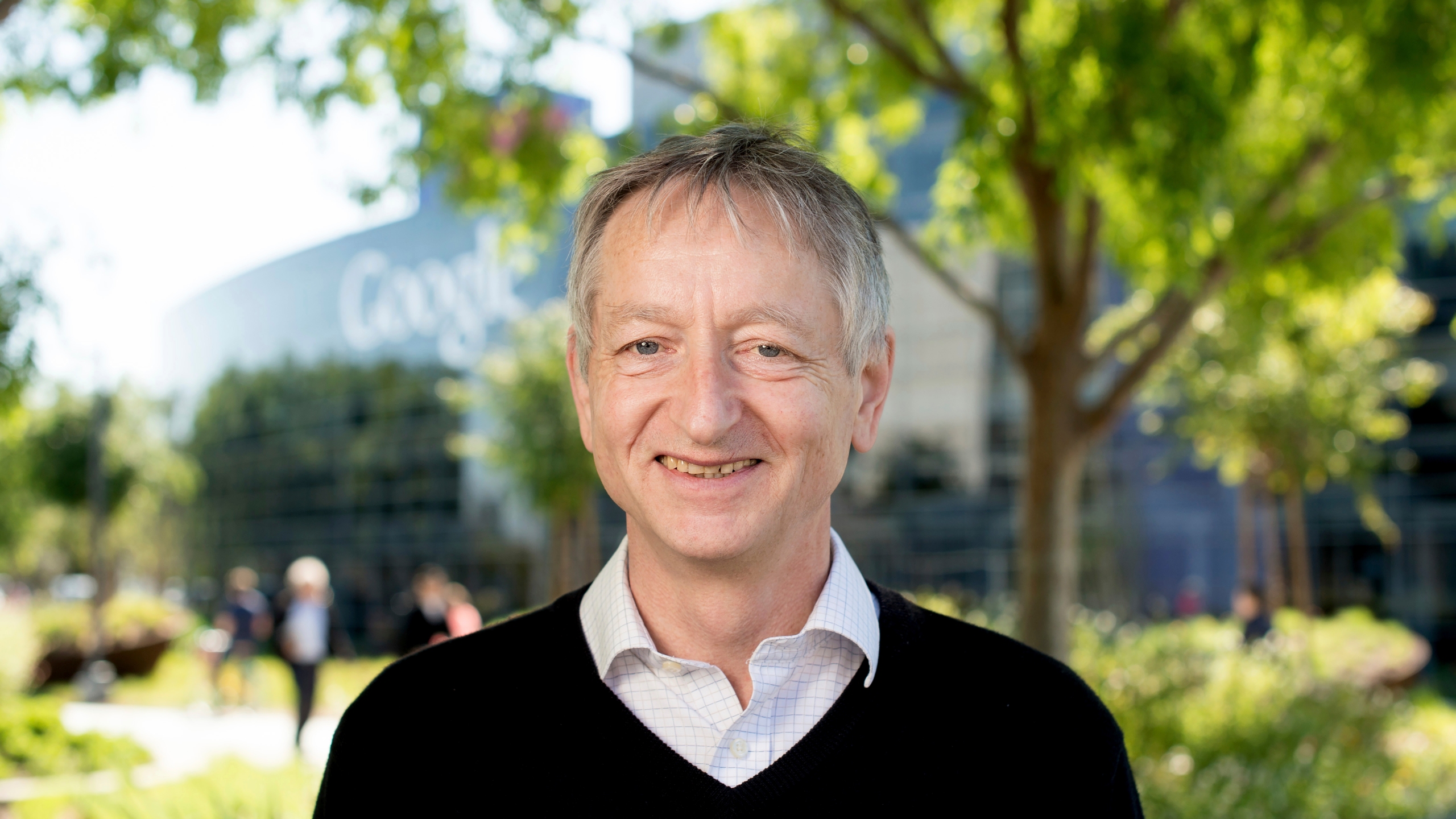
In an interview with New York Times, the British computer scientist revealed the real reason behind quitting Google, and it’s not because he has any specific concerns about the tech giant. But he’s worried about AI in general. While being a professor at the University of Toronto, Hinton was also working with the deep-learning artificial intelligence team at Google.
Speaking of his contribution to AI, he said, “I console myself with the normal excuse: If I hadn’t done it, somebody else would have.” “It is hard to see how you can prevent the bad actors from using it for bad things,” he added.
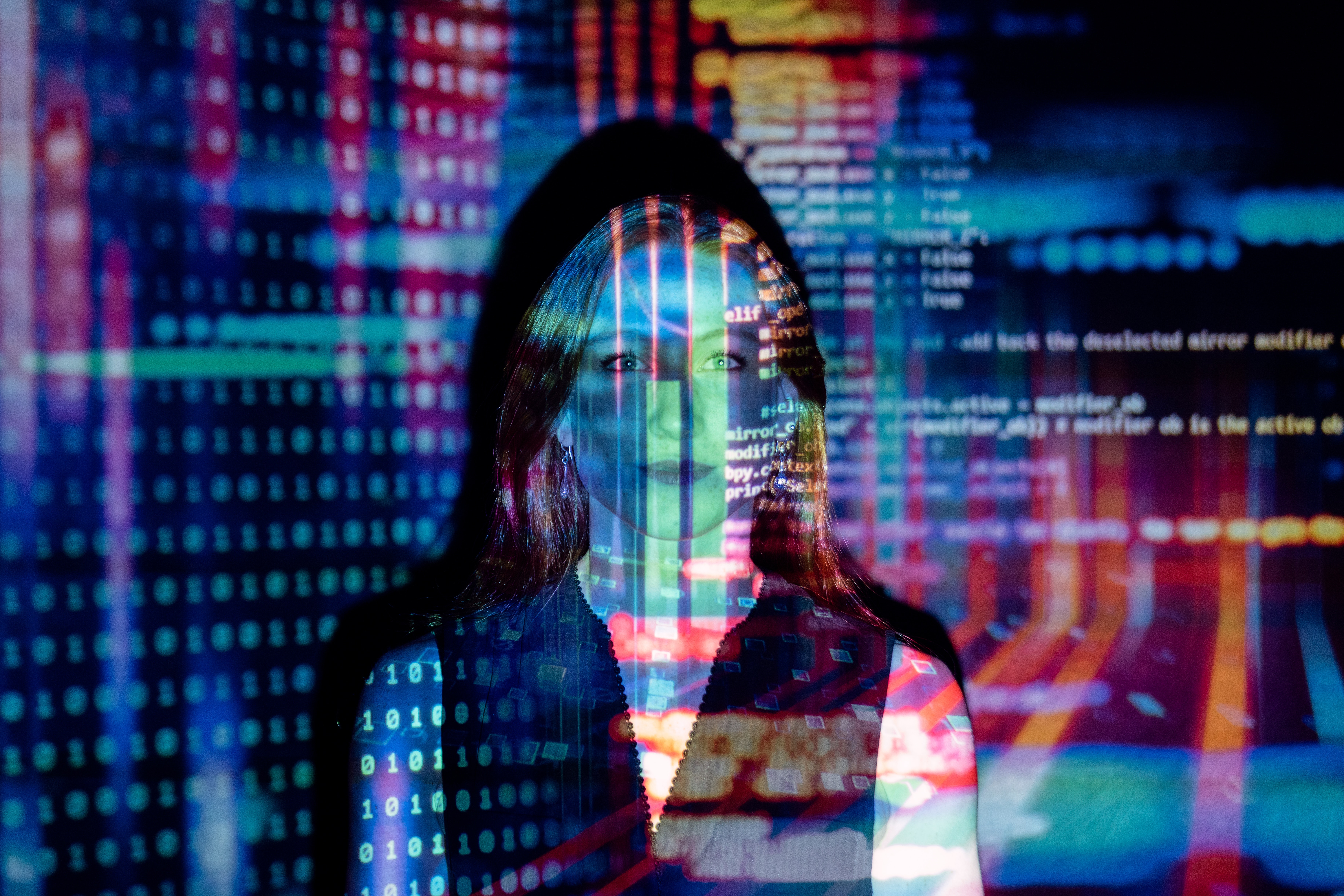
Two months back, around 5,000 industry pioneers and tech experts, including Tesla CEO Elon Musk and Apple Co-founder Steve Wozniak, signed an open letter calling for an immediate halt “for at least 6 months on the training of AI systems more powerful than GPT-4.” The letter cited profound risks to society and humanity.
While Hinton did not sign the letter back then, he now believes AI could surpass human intelligence not too far from now. He suggests we should be taking the potentially catastrophic consequences of AI seriously.
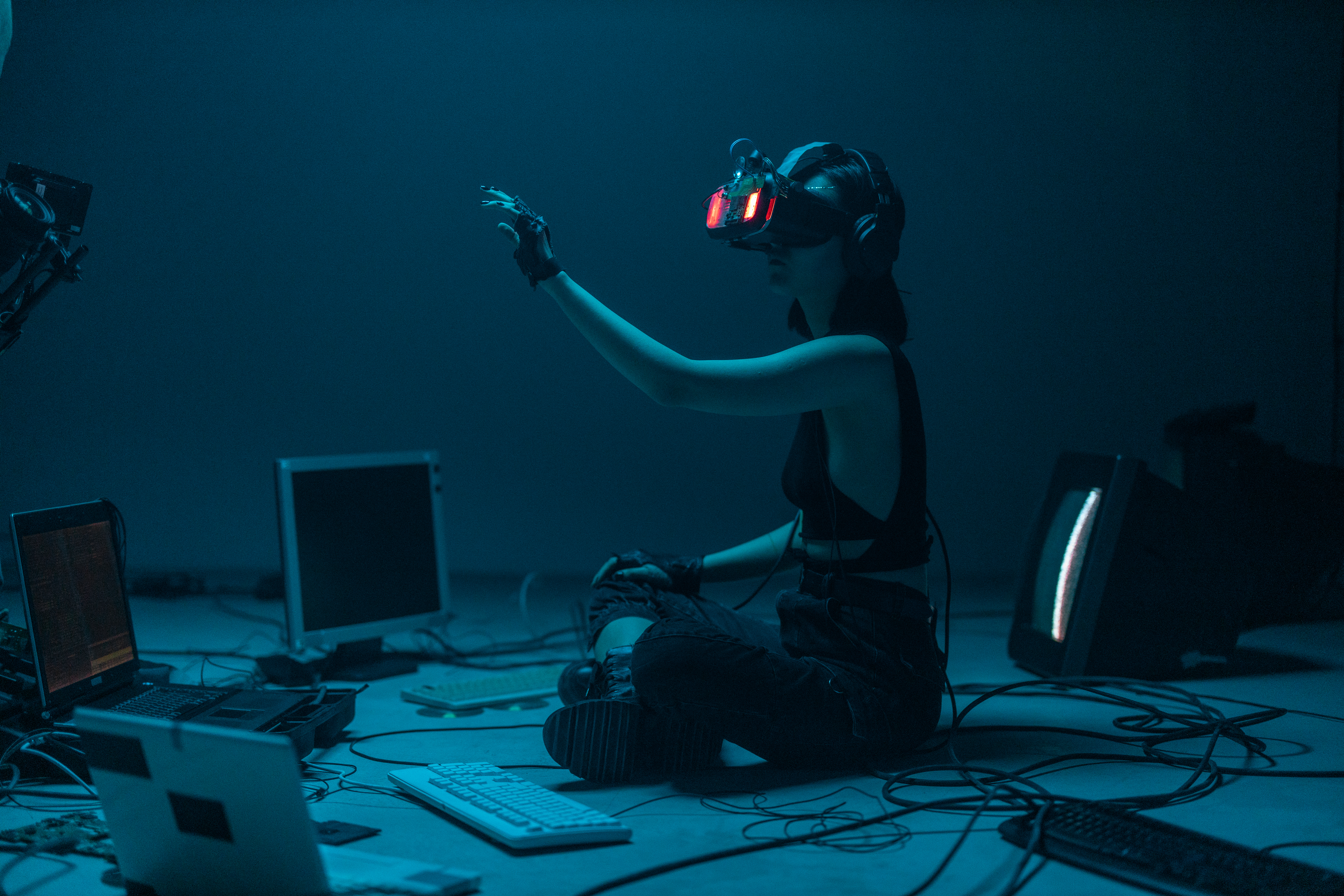
Our brains have 100 trillion connections,” Hinton told MIT Technology Review. “Large language models have up to half a trillion, a trillion at most. Yet GPT-4 knows hundreds of times more than any one person does. So maybe it’s actually got a much better learning algorithm than us.”
Additionally, he underlined how large language models are much better at communicating. “If you or I learn something and want to transfer that knowledge to someone else, we can’t just send them a copy.”
“But I can have 10,000 neural networks, each having its own experiences, and any of them can share what they learn instantly. That’s a huge difference. It’s as if there were 10,000 of us, and as soon as one person learns something, all of us know it,” said the 75-year-old computer scientist.
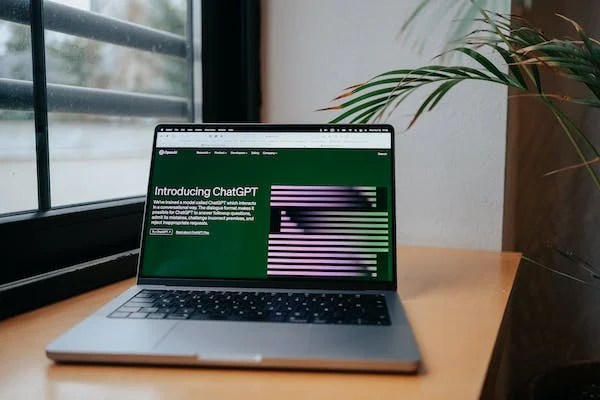
Hinton is also the recipient of the 2018 Turing Award with Yann LeCun and Yoshua Bengio. The award is often referred to as the Nobel Prize for Computing. He was honoured for his breakthrough work in Deep Learning.
After having dedicated his life to the development of the revolutionary technology, he now wants to do “more philosophical work.”
“I want to talk about AI safety issues without having to worry about how it interacts with Google’s business,” he says. “As long as I’m paid by Google, I can’t do that”, he told MIT Technology Review.
Also Read: From Scamming To Catfishing, AI Is Already Taking Over Our Lives. And Not In A Good Way




